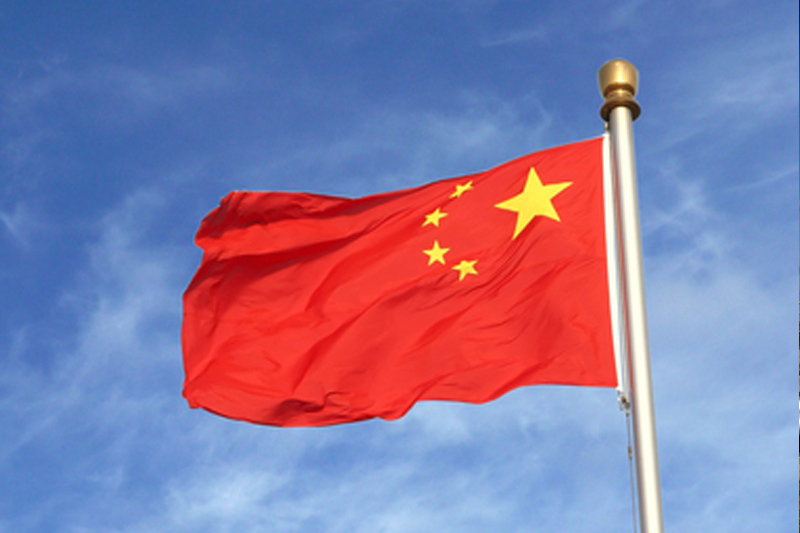By Moran Zhang - China’s top leaders are determined to steer the country toward a more sustainable path, which should make economic growth slower, but more balanced. There’s a risk, however, that deleveraging gets out of control and leads to a hard landing -- a scenario that could have profound ripple effects all over the world.
The Chinese economy slowed to its lowest level since 1999 last year, expanding 7.7 percent. While Societe Generale’s central scenario is for 6.9 percent growth this year, they think the risk of a hard landing is rising.

Societe Generale defines a hard landing in 2014 as one where the official, full-year, real gross domestic product growth rate falls below 5 percent, which they see as the minimum level needed to keep the job market stable and avoid systemic financial risk. If China lands hard, economic growth could drop to 3.8 percent this year.
“At the height of the crisis, the year-on-year growth rate would dip to 2 percent and the economy would contract for two quarters,” Societe Generale's Patrick Legland wrote in a note.
Impacts of a China slowdown:
Global GDP: According to Societe Generale’s calculation, global growth could be cut by up to 1.5 percent in the year after a hard landing.
With imports equivalent to 30 percent of its GDP, China is a major source of global demand. Exports to China as a percentage of GDP are largest in Asia and amongst the commodity exporters, so these countries would be hardest hit, Michala Marcussen, global head of economics at Societe Generale, noted.
Marcussen estimates that the impact of the trade channel from the hard landing would cut GDP growth by around 4.5 percentage points in Taiwan, 2.5 percentage points in South Korea and Malaysia, 1.2 percentage points in Australia, 0.6 percentage points in Japan, 0.2 percentage points in the euro area and 0.1 percentage points in the U.S. For the global economy ex-China, the trade channel effects would bring about a reduction of around 0.6 percentage points to GDP growth.
Commodities: A hard landing in China would drive commodity prices lower. Michael Haigh, Societe Generale's head of commodities research, believes base metal prices could fall 50 percent while oil could drop to $75 a barrel. Gold might rise before it falls.
FX: Kit Juckes, global head of currency strategy at Societe Generale, expects a Chinese hard landing to spur sharp dollar gains. A net reduction of around 0.7 percent to global growth could give the dollar a 5 percent to 10 percent lift, Juckes added.
Asian Rates: “Chinese bond yields rose sharply in the second half of 2013 on fears that the government was restraining credit,” Amit Agrawal, a rates strategist at Societe Generale, said. “If China lands hard, we believe rates would drop back down to 2009 levels, though the government would not want to encourage another 2009-style boom in lending.”
Agrawal added that short rates would also fall in the rest of Asia, though they are near historic lows already in much of North Asia. Bond yields would drop more in North Asia than South Asia. Meanwhile, Asian currencies would decline against the dollar but the yuan would stabilize against the dollar rather than fall.
Asian Equity: Although valuation levels are already low, Societe Generale strategists led by Vivek Misra believe a hard landing would cut earnings expectations, driving the HSCEI to 6500 and the MSCI China index to 38.
“If Chinese equities slump, all of the Asian Pacific equity markets could be vulnerable, but certain markets are more vulnerable than others,” Misra said. “The most at risk, in our view, would be Hong Kong, Singapore, India, Taiwan, Indonesia, the Philippines and Australia.”

